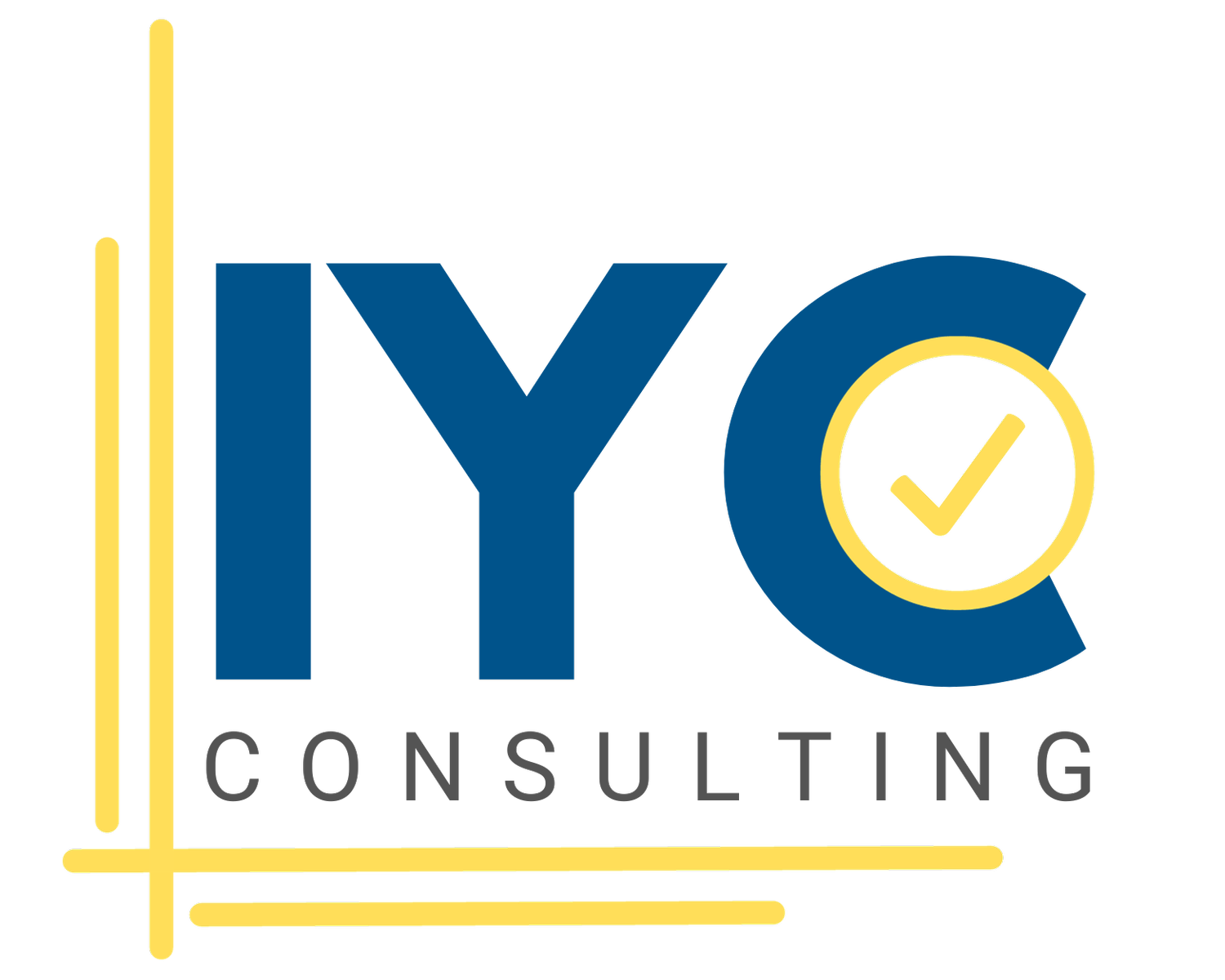Audits and Investigations: Safeguarding Against Home Health Care Fraud
In the intricate tapestry of healthcare, where the well-being of patients intersects with complex regulatory landscapes, the role of audits and investigations emerges as a critical shield against health care fraud. These processes are not just regulatory formalities; they are vital tools that ensure the integrity, transparency, and efficacy of healthcare services.
The Vital Role of Audits in Healthcare
Audits in the healthcare sector serve a multi-dimensional purpose. They are not only instrumental in detecting and preventing fraud, but they also ensure compliance with health care regulations and enhance the overall quality of patient care.
Detecting Irregularities: Through systematic examination of records and practices, audits help in identifying discrepancies that might indicate fraudulent activities.
Ensuring Compliance: Regular audits ensure that healthcare providers adhere to the various state and federal regulations, thereby safeguarding against unintentional violations.
Enhancing Operational Efficiency: Audits provide insights into the operational aspects of healthcare services, allowing for improvements in efficiency and effectiveness.
"Audits and investigations are essential components in the fight against healthcare fraud... ensuring that the healthcare system, including home health care, remains a beacon of reliability and excellence."
Investigations: The Next Line of Defense
When audits indicate potential fraud, waste, or abuse, investigations take the forefront. These are thorough inquiries aimed at uncovering facts and determining the extent of any fraudulent activity.
Investigative Methodologies: These might involve detailed analysis of billing records, patient records, and other documentation, interviews with staff, and collaboration with law enforcement if necessary.
Special Focus on Home Health Care: Given the unique nature of home health care, investigations in this field require a nuanced approach, often leveraging technology like Electronic Visit Verification (EVV) to validate services rendered.
Outcome of Investigations: The findings of an investigation can lead to corrective actions, recovery of overpayments, and in cases of intentional fraud, legal proceedings.
Challenges in Conducting Audits and Investigations
Despite their importance, conducting effective audits and investigations presents challenges. These include keeping pace with evolving healthcare laws, integrating advanced technologies for data analysis, and ensuring that these processes do not disrupt the delivery of patient care.
Impact on Healthcare Stakeholders
Health Care Providers and Administrators: For providers, audits and investigations are vital for maintaining compliance and preventing financial losses due to fraud.
Compliance Officers and Legal Teams: These groups rely on audits and investigations to identify risk areas and ensure that the organization adheres to legal and ethical standards.
Patients: Ultimately, the greatest beneficiary of effective audits and investigations is the patient, who receives care in a system that strives for integrity and quality.
Conclusion
Audits and investigations are essential components in the fight against healthcare fraud. They serve as the eyes and ears of the healthcare system, constantly vigilant for signs of fraudulent activity. By embracing these processes, healthcare organizations not only protect themselves from legal and financial repercussions but also uphold a commitment to ethical and high-quality patient care. In a sector where trust and integrity are paramount, audits and investigations stand as guardians, ensuring that the healthcare system remains a beacon of reliability and excellence.

